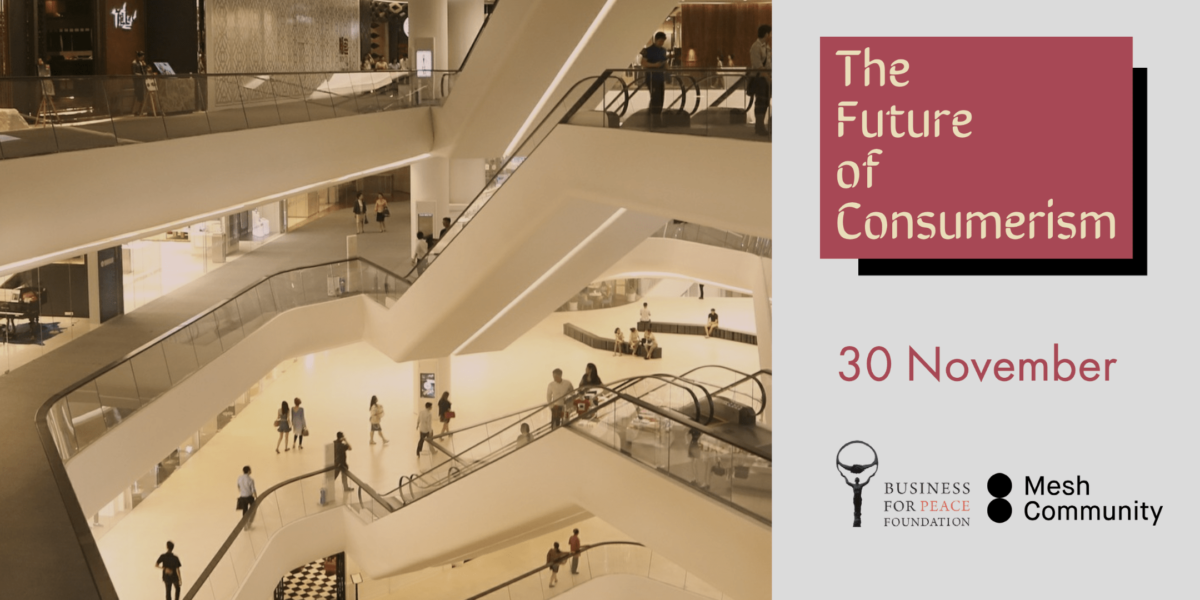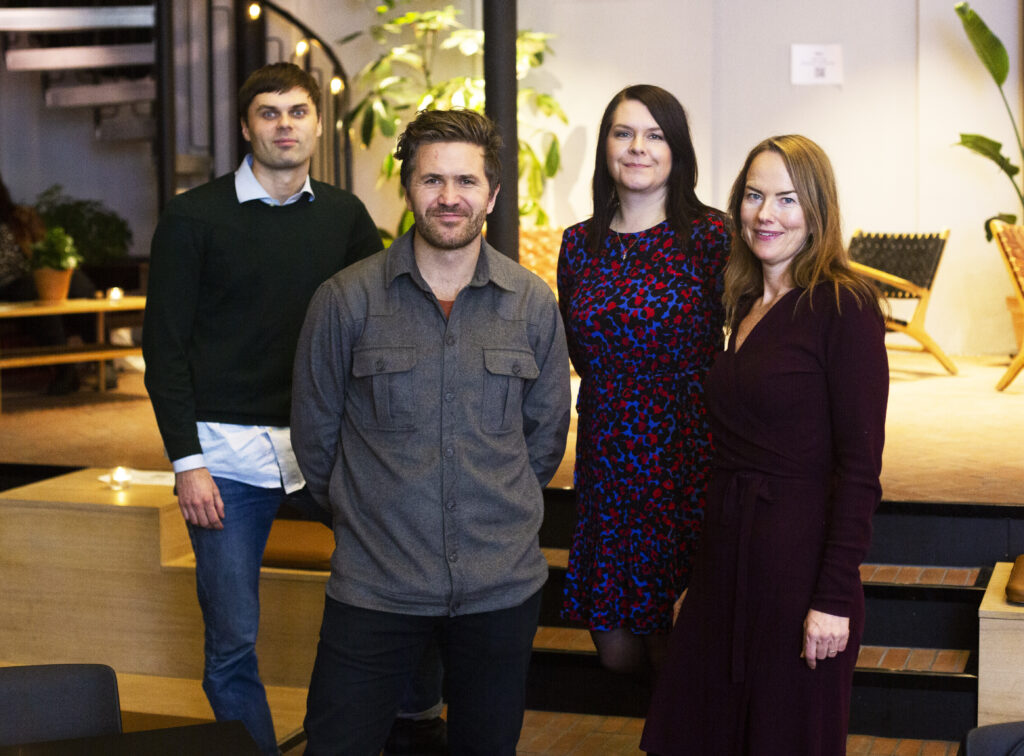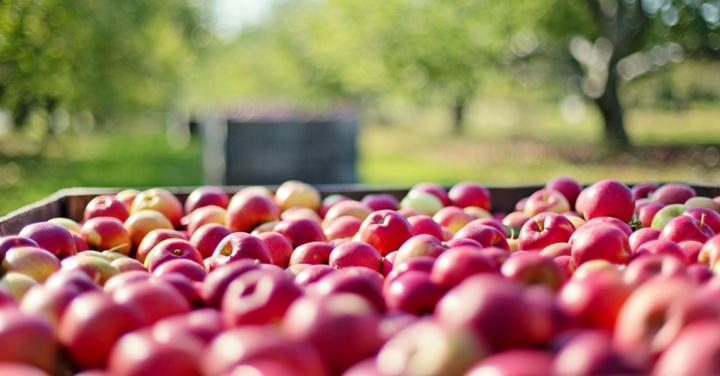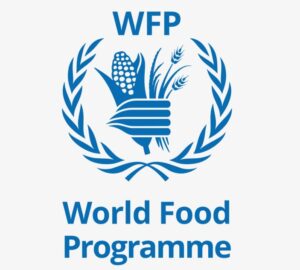#Future of Talks: The Future of Consumerism
Friday, 22 October 2021 09:27

As holidays such as Black Friday and Christmas mark the peak of over-consumption throughout the year, it is difficult to remain a conscious consumer. Sustainable Consumption and Production (SDG 12) in the 2030 Agenda is about doing more and better with less. It is also about decoupling economic growth from environmental degradation, increasing resource efficiency and promoting sustainable lifestyles thereby giving nature the opportunity to regenerate.
To break the cycle of over-consumption within the linear economy, a circular approach is needed. This would entail fixing products, prolonging their life-span, and avoiding waste at all costs, making it the way forward for a healthy planet with healthy humans.
How can companies tackle the negative impacts of consumerism while running a successful business model? How can supply chains become more sustainable and transparent for consumers to trace the products they are acquiring? And what does the future of consumerism look like?
In this panel we will bring together professionals from different fields to explore these and other key questions to understand in what ways we can all become conscious consumers and what businesses are doing to clear the path.
Speakers
Fredrik Nordbø (moderator), Senior Policy Advisor, WWF
Heidi Furustøl, Executive Director, Ethical Trade Norway
Jo Egil Tobiassen, CEO, Northern Playground
Aasa Andersen, Managing Director, A-Packaging

Schedule
Sign up now and join us on Tuesday 30th November. The event is in English and free to attend in-person or online.
17:30 – 18:00 Doors open, come mingle and get settled
18:00 – 19:15 Talk and discussion
19:15 – late Stick around and continue the conversation
Location: Mesh Youngstorget, the newest HUB from Mesh.
Location
This event will be hosted at Mesh Youngstorget, the newest HUB from Mesh. Stick around after the event to explore the new venue and enjoy the Workbar!
The Workbar is the heart of Mesh HUBs, connecting members with each other, the greater community and the public. A place for you to meet, work, connect, be inspired, eat and drink.
Please note that having a ticket does not guarantee a seat at the main seating area. Doors open at 17:30, please arrive on time to secure your seat!







